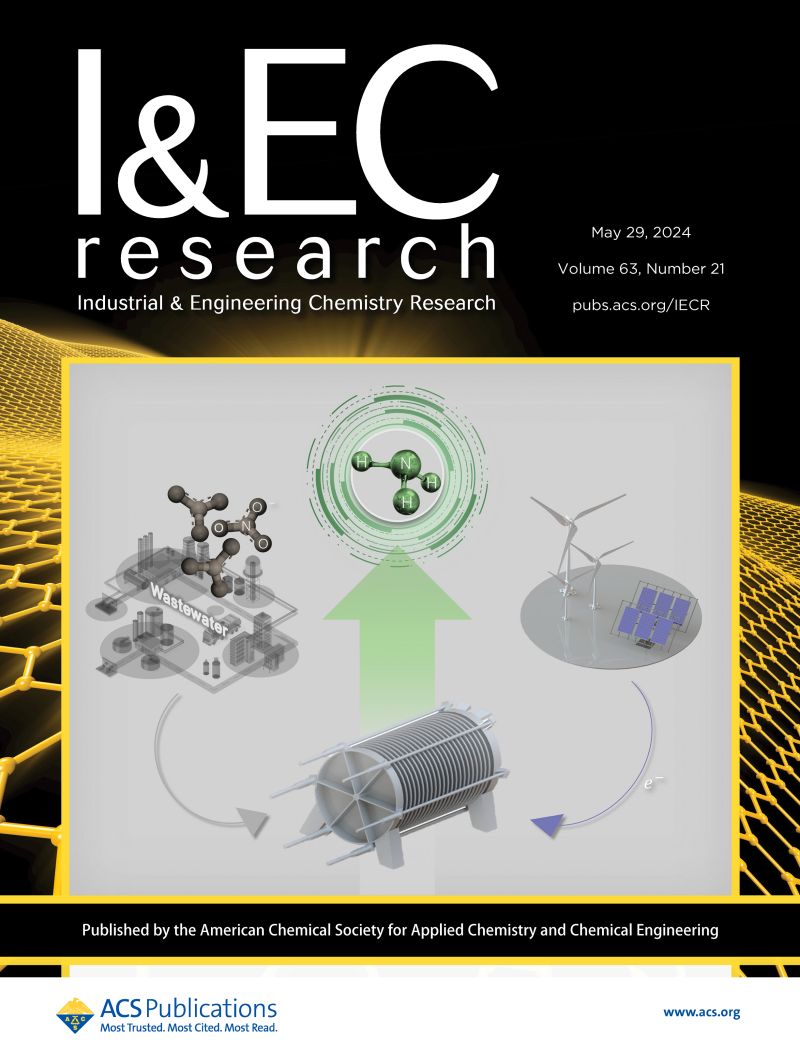Recurrent Neural Networks for Forecasting Time-Varying Process Behavior in Mammalian Cell Culture
IF 3.8
3区 工程技术
Q2 ENGINEERING, CHEMICAL
引用次数: 0
Abstract
Cell culture processes are the workhorse for the production of therapeutic protein biologics. With advances in process data acquisition and monitoring, there has been an increasing interest in developing cell culture process models for control, optimization, and scale-up. However, the kinetic behavior of cell culture processes is highly complex. As culture time progresses, cell metabolism may shift, and at times, similar culture conditions may give rise to very different time-varying process behavior. Hence, modeling complex metabolic shifts in biomanufacturing processes remains a major challenge. In this work, we systematically evaluated the application of recurrent neural networks (RNNs) for forecasting the time profiles of key process parameters, including glucose and lactate concentrations, viable cell density, and viability, using a comprehensive set of fed-batch biomanufacturing data. We compared the RNNs’ performance with that of traditional machine learning models and feedforward neural networks, included total base addition in the model input to embed secondary process information, and extended the RNN model to an encoder–decoder model that leverages the history of seed train profiles to enhance the prediction of process behavior at the production scale. Overall, the computational results highlight the potential of RNN-based models for predicting key process parameters in cell culture and demonstrate the impact of process history on cell culture performance in biologics biomanufacturing.

用于预测哺乳动物细胞培养时变过程行为的递归神经网络
细胞培养过程是生产治疗性蛋白质生物制剂的主力军。随着过程数据采集和监测技术的进步,人们对开发用于控制、优化和放大的细胞培养过程模型越来越感兴趣。然而,细胞培养过程的动力学行为非常复杂。随着培养时间的推移,细胞代谢可能会发生变化,有时,相似的培养条件可能会产生截然不同的时变过程行为。因此,对生物制造过程中复杂的新陈代谢变化进行建模仍然是一项重大挑战。在这项工作中,我们利用一组全面的喂料批次生物制造数据,系统地评估了循环神经网络(RNN)在预测葡萄糖和乳酸盐浓度、存活细胞密度和存活率等关键工艺参数的时间曲线方面的应用。我们将 RNN 的性能与传统机器学习模型和前馈神经网络的性能进行了比较,在模型输入中加入了总基数加法,以嵌入次要工艺信息,并将 RNN 模型扩展为编码器-解码器模型,该模型可利用种子列车的历史曲线来增强对生产规模工艺行为的预测。总之,计算结果凸显了基于 RNN 的模型在预测细胞培养关键工艺参数方面的潜力,并证明了工艺历史对生物制品生物制造中细胞培养性能的影响。
本文章由计算机程序翻译,如有差异,请以英文原文为准。
求助全文
约1分钟内获得全文
求助全文
来源期刊

Industrial & Engineering Chemistry Research
工程技术-工程:化工
CiteScore
7.40
自引率
7.10%
发文量
1467
审稿时长
2.8 months
期刊介绍:
ndustrial & Engineering Chemistry, with variations in title and format, has been published since 1909 by the American Chemical Society. Industrial & Engineering Chemistry Research is a weekly publication that reports industrial and academic research in the broad fields of applied chemistry and chemical engineering with special focus on fundamentals, processes, and products.
 求助内容:
求助内容: 应助结果提醒方式:
应助结果提醒方式:


